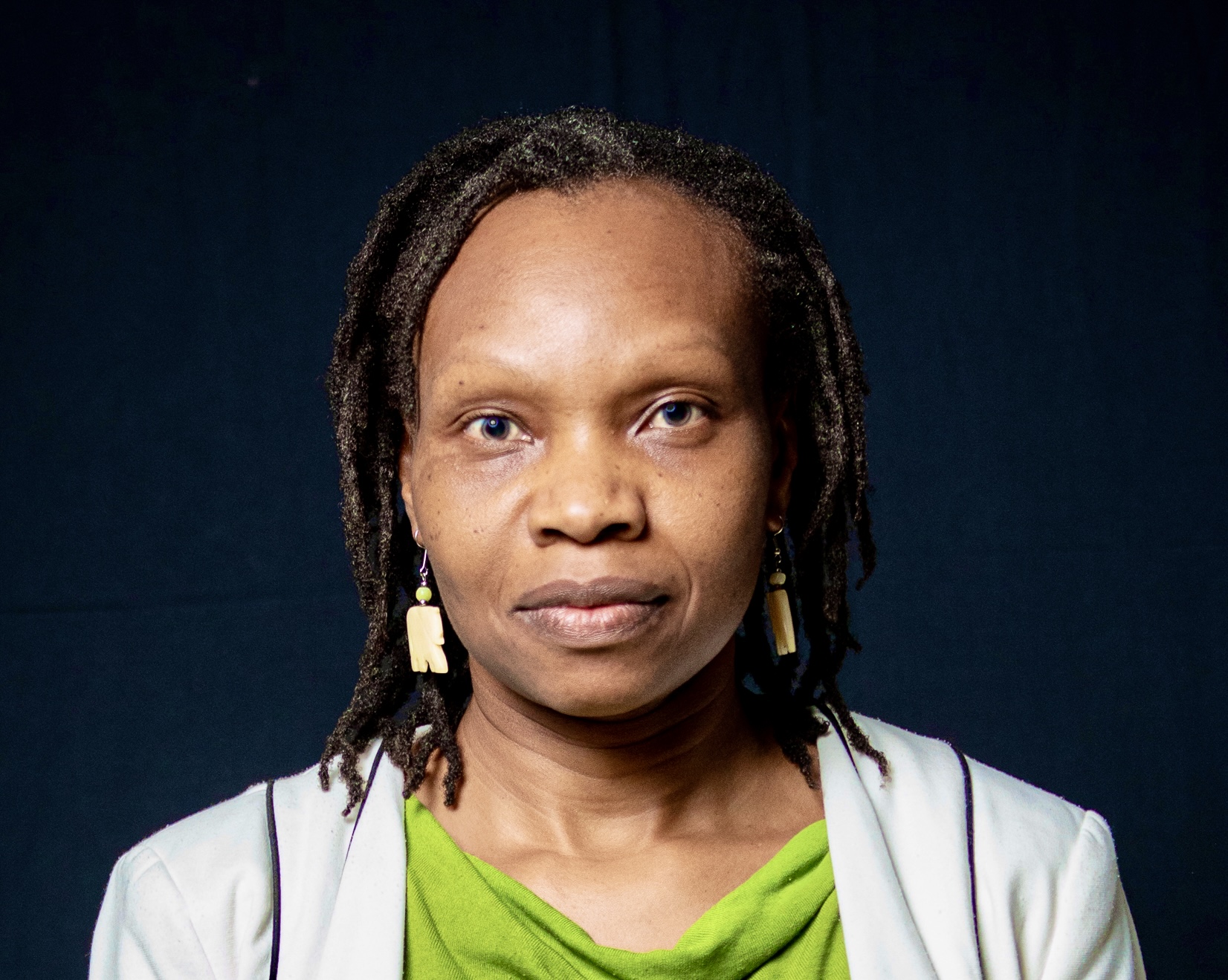Blogs

Sub-Saharan Africa’s transition to clean energy is being hampered by affordability and deep-rooted cultural issues, leading research analysts say.
At a webinar meeting last Thursday, Dr. Violet Murunga, Research & Policy Analyst at the African Institute of Development Policy (AFIDEP) and Technical Lead of the African Alliance for Evidence and Equity in Policymaking in Africa (AEEPA) project highlighted these challenges as significant obstacles to achieving universal access to clean energy in the region.
“While Kenya is committed to transitioning its population to clean energy, the journey has been fraught with challenges, particularly due to cultural norms and the high costs associated with clean energy solutions,” Dr. Murunga stated. “In many regions in the country, energy practices, especially for cooking, have deep and ingrained gendered divisions, making use of modern cleaner technologies difficult.”
Dr. Murunga also emphasized the need for more targeted advocacy in data generation, noting that current evidence often fails to address the nuanced challenges the different sectors face. “We have been producing generalized evidence that doesn’t delve into the specific needs of various sectors,” she explained. “To effectively tackle issues like energy access, we must generate data that reflects the diverse realities on the ground.”
“There is a pressing need for advocacy for data generation to inform decision-making in reproductive health and clean energy sectors,” Dr. Murunga continued. “Understanding how gender norms influence these areas is crucial for developing effective policy strategies and interventions.”
Dr. Anna B. Ninsiima, Gender and Policy Analyst, Social Researcher, and Lecturer, Makerere University also spoke during the webinar, stressing the importance of integrating gender equity and inclusion in evidence production. “If the researchers producing evidence do not grasp the importance of gender equity and inclusion, their work could be fundamentally flawed,” Dr. Ninsiima warned. “A gender-blind approach to research questions can lead to systematic oversights.”
The experts highlighted the historical tendency of evidence products to be overly generalized, which undermines their utility in addressing specific sectoral challenges. They called for enhanced capacity building among bureaucrats, ministry staff, and career trainees—those responsible for producing the evidence that informs policy.
“We’ve been focusing on capacity building for government officials and ministry workers,” Dr. Ninsiima added. “Our goal is to ensure that the evidence they produce is grounded in a strong understanding of gender equity and inclusion, which is essential for systematic policy development.”
Firmaye Bogale, a Public Health Researcher at the Ethiopian Public Health Institute (EPHI), discussed the LEEPS project’s role in Sub-Saharan Africa, particularly its focus on promoting gender equity in evidence synthesis and policymaking. “The LEEPS project aims to advance evidence-based policymaking that achieves the Sustainable Development Goals (SDGs), with a particular focus on gender equity at every stage of the process,” Bogale noted.
The webinar also touched on the potential of digital tools in enhancing policymaking. However, Dr. Ninsiima cautioned that the effectiveness of these tools depends on who controls them and how inclusively they are used. “Digital tools can streamline policymaking, but their sensitivity and inclusivity are determined by those who design and use them,” she said.
Dr. Murunga noted that integrating digital tools in research designs to produce high-quality, inclusive products could significantly enhance the policy landscape.
As Sub-Saharan Africa grapples with the dual challenges of affordability and cultural resistance in the clean energy sector, experts continue to emphasize the importance of gender-sensitive, data-driven approaches to overcome these barriers and drive progress.
According to Diatou, recent initiatives in West Africa are setting new standards for integrating gender perspectives into policy development. She said through strategic collaborations and the use of advanced digital tools, notable strides towards enhancing gender sensitivity across various sectors, including agriculture and food systems are being made.
She noted that the key to these advancements is the use of gender mainstreaming checklists and gender-sensitive assessment tools, developed and employed in Senegal to evaluate and refine government programs and policies. “These tools are crucial in identifying and addressing gender disparities, ensuring that both the development and revision of public policies are inclusive and equitable”.
One noteworthy example is the ongoing support provided to Burkina Faso’s national statistics organization. This collaboration focuses on developing gender-sensitive data indicators, which will inform and improve the accuracy of gender-related data collection and analysis.
“The application of the Agri Data digital platform highlights this approach, facilitating data sharing and fostering a more inclusive policy environment. It has proven essential in enabling a more nuanced understanding of gender dynamics and ensuring that gender considerations are embedded in policy revisions,” she said.
The webinar, themed “Accelerating SDGs through Advancing Gender Equity and Inclusion in Evidence-Informed Policymaking Processes: Experiences and Reflections,” was organized by the Alliance for Evidence and Equity in Policymaking in Africa (AEEPA) Project, a partnership that brings together the African Institute for Development Policy (AFIDEP), The Africa Research and Impact Network (ARIN), The School of Women and Gender Studies of the Makerere University, Uganda and The African Institute for Health Policy & Health Systems of Ebonyi State University, Nigeria.
The discussion underscored the critical role of gender equity in both energy transition and broader development goals.

